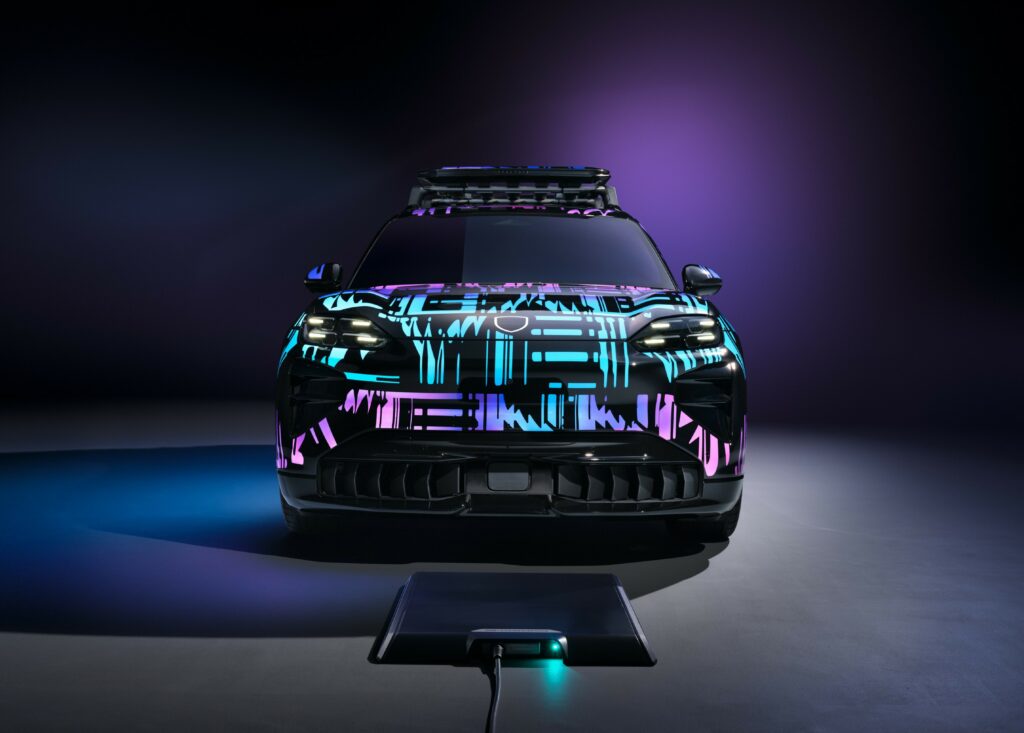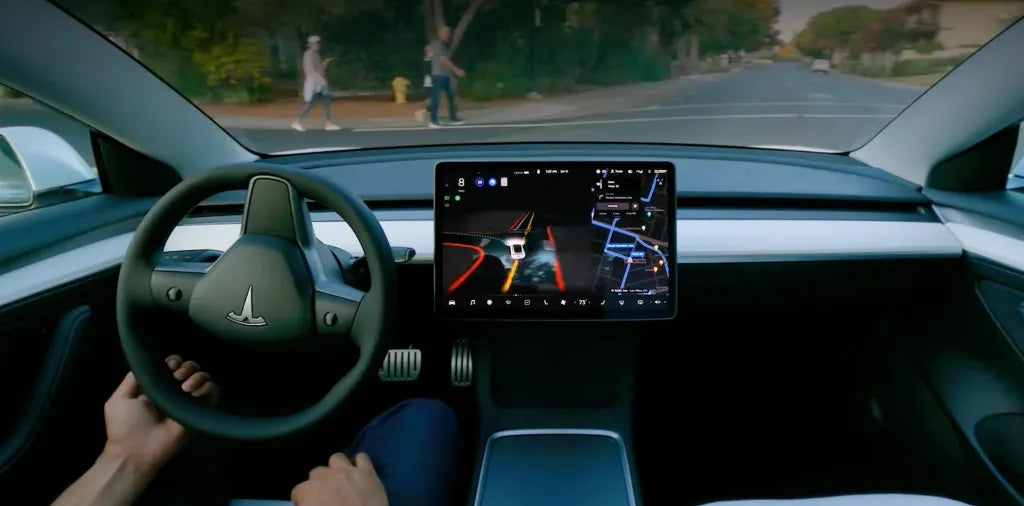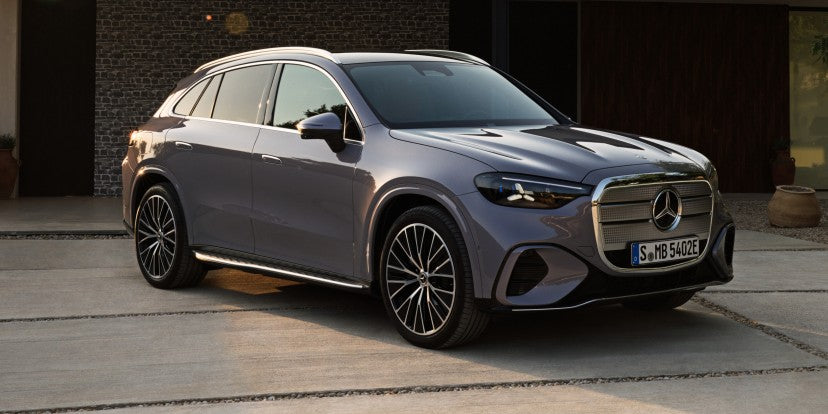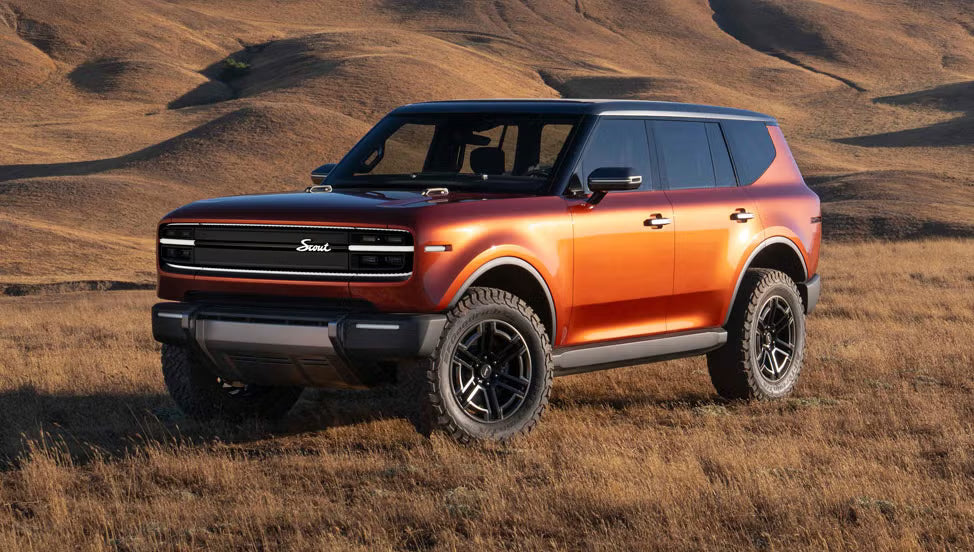Porsche’s Next Flagship EV
The Porsche Cayenne Electric, slated to debut in 2026, is shaping up to be one of the most advanced SUVs in the company’s history. Far from being a simple battery-powered version of the gas Cayenne, or a scaled-up Macan Electric, Porsche is packing the Cayenne EV with cutting-edge technology. At the center of it all is a feature that could redefine home charging for electric vehicles: wireless inductive charging.

How Wireless Charging Works
The concept is familiar to anyone who has placed a smartphone on a charging pad, but Porsche is scaling it up for a 5,000-pound SUV. Owners of the Cayenne Electric will be able to park directly over an inductive floor plate, which contains a copper and ferrite transmitter coil. When alternating current runs through the coil, it generates a magnetic field that connects with a receiver coil built into the SUV’s underbody, between the front wheels.
The system then converts alternating current into direct current, feeding the battery with up to 11 kilowatts of charging power—comparable to a Level 2 home charger. Porsche claims an efficiency of up to 90%, meaning only about 10% of energy is lost during the process. For comparison, traditional plug-in Level 2 chargers are considered among the most efficient solutions available today.
Smart Safety and Ease of Use
The inductive pad is weatherproof and highly durable, capable of withstanding a misplaced wheel or accidental contact. Safety certification meets both European CE and U.S. UL standards, with electromagnetic radiation contained beneath the car. The system automatically halts charging if it detects foreign objects, like tools—or even pets wandering under the SUV.
To ensure precise placement, the Cayenne Electric will use its cameras and in-car display guides to help drivers align perfectly with the pad. Once parked, the SUV will automatically lower its suspension to minimize the gap between the receiver coil and the floor plate, optimizing energy transfer.

Why It Matters
Charging remains one of the most significant barriers for wider EV adoption. While public charging networks are expanding, 75% of Porsche EV owners already charge at home. By eliminating plugs and cables, Porsche aims to make the process more seamless—especially for premium buyers who value convenience.
The installation process is straightforward: Porsche-certified electricians will set up the inductive pad in a garage, carport, or office connected to the main power supply. Once in place, owners simply park and walk away, letting the Cayenne charge automatically.
More Than Just Wireless Tech
Even without inductive charging, the Cayenne Electric promises some of the fastest charging speeds in the segment. Built on the 800-volt Premium Platform Electric (PPE) shared with the Macan Electric and Audi Q6 e-tron, the SUV will feature a 100+ kWh battery pack capable of charging from 10% to 80% in just 16 minutes at a peak rate of 400 kW.
Driving range is expected to exceed 373 miles (600 km WLTP), placing it firmly in competition with other high-end luxury EVs. Importantly, the Cayenne Electric will still feature traditional charging ports, allowing owners to use standard wall boxes or DC fast chargers when wireless isn’t available.
A Broader Industry Shift
While Porsche isn’t the first automaker to explore inductive charging—Tesla revealed its Cybercab prototype with wireless-only charging last year—the Cayenne will be among the first mass-market luxury SUVs to offer the feature as an optional add-on.
The wireless system is expected to launch in Europe in 2025, followed by a rollout to the U.S. and other global markets. Porsche will showcase a working prototype of the Cayenne Electric equipped with wireless charging at the IAA Mobility auto show in Munich next week.
For Porsche, the Cayenne Electric isn’t just about electrifying a best-selling SUV—it’s about showcasing how premium EV ownership can be made simpler, faster, and more convenient than ever before.
Recommend Reading: Porsche Reconsiders Virtual Gear Shifts for EVs After Initial Pushback








Share:
Hyundai and Kia Report Record-Breaking EV Sales in August
The 2027 Chevy Bolt Balances Promise With Caution